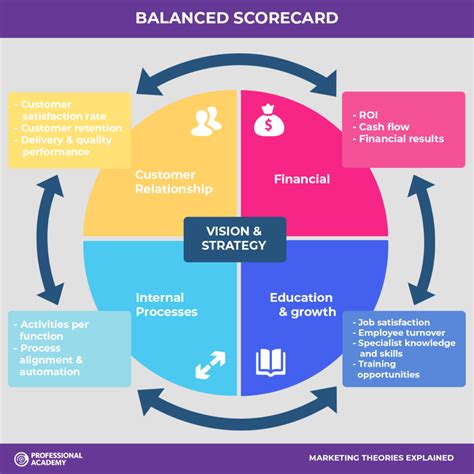What nutrient timing strategy optimizes male energy, focus, and recovery for peak performance?
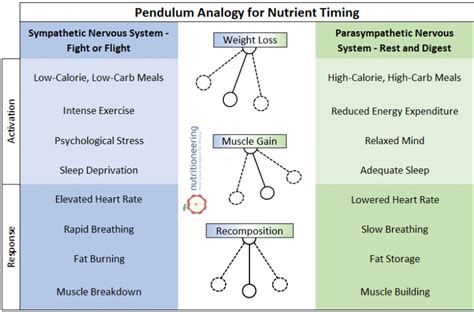
Unlocking Peak Male Performance Through Strategic Nutrient Timing
For men aiming to achieve peak physical and mental performance, the adage ‘you are what you eat’ only tells half the story. The other crucial half is ‘when you eat it.’ Nutrient timing, the strategic consumption of macronutrients (carbohydrates, proteins, fats) and micronutrients (vitamins, minerals) around specific windows, is a powerful tool to enhance energy levels, sharpen focus, and accelerate recovery, ultimately leading to superior performance.
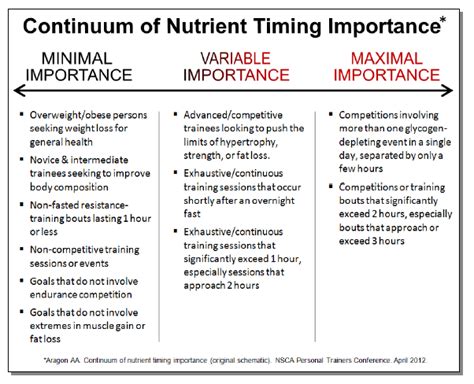
The Foundations: Daily Nutritional Architecture
Before delving into specific timing windows, it’s vital to establish a strong daily nutritional foundation. Consistent intake of a balanced diet rich in whole foods, lean proteins, complex carbohydrates, healthy fats, and a spectrum of fruits and vegetables is paramount. This provides the baseline energy, essential building blocks, and micronutrient support necessary for overall health, hormonal balance, and cognitive function. Skipping meals or relying on processed foods undermines any advanced timing strategies.
Pre-Workout: Priming the Engine for Performance
The pre-workout window is designed to fuel your efforts, protect muscle tissue, and enhance cognitive drive. Typically, consuming a meal 2-3 hours before training, or a smaller snack 30-60 minutes prior, is ideal.
- Carbohydrates (Complex & Simple): Complex carbs (oats, whole-grain bread) 2-3 hours out provide sustained energy, while a small amount of simple carbs (fruit) closer to training can offer a quick energy boost. These replenish glycogen stores, preventing fatigue.
- Protein (Lean Source): A moderate amount of lean protein (chicken, fish, whey protein) before a workout helps to minimize muscle breakdown during exercise, setting the stage for better recovery.
- Healthy Fats: Keep fats relatively low in your immediate pre-workout meal as they slow digestion, which can lead to discomfort during exercise.
- Hydration: Begin hydrating hours before your workout. Water is crucial for energy transport, joint lubrication, and maintaining body temperature.
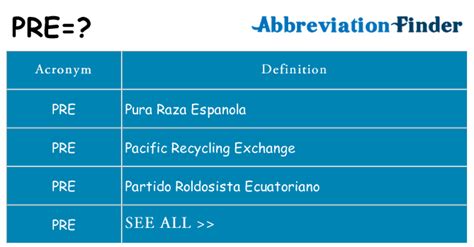
Intra-Workout: Sustaining Focus and Preventing Fatigue
For workouts lasting longer than 60-90 minutes, or those of very high intensity, intra-workout nutrition can significantly impact performance, endurance, and focus by maintaining blood glucose levels and preventing dehydration.
- Carbohydrates (Fast-Acting): Easily digestible carbs like sports drinks, dextrose, or cyclic dextrin can provide immediate energy to working muscles and the brain, staving off mental and physical fatigue.
- Electrolytes: Replenishing sodium, potassium, and magnesium lost through sweat is critical for maintaining fluid balance, nerve function, and preventing cramps.
- Branched-Chain Amino Acids (BCAAs) or Essential Amino Acids (EAAs): While less critical if pre-workout protein was adequate, these can help reduce muscle breakdown and combat central nervous system fatigue during prolonged sessions.
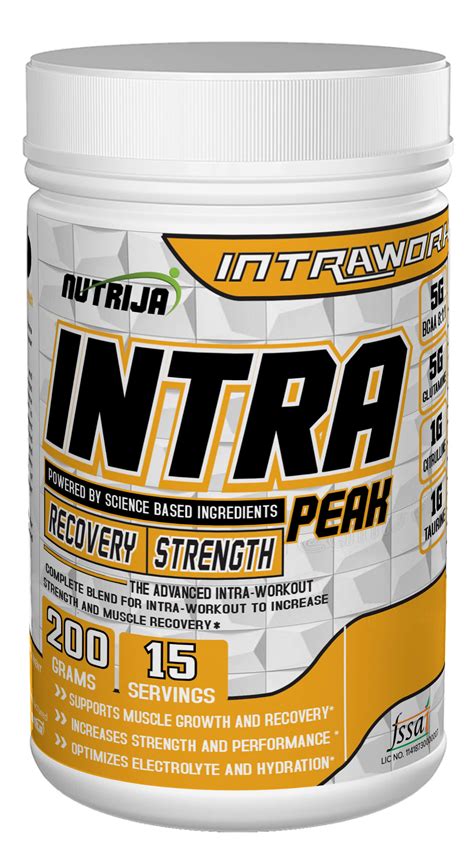
Post-Workout: The Anabolic Window for Recovery and Growth
The post-workout period, often referred to as the ‘anabolic window,’ is critical for kick-starting muscle repair, glycogen replenishment, and overall recovery. Consuming nutrients within 30-60 minutes after exercise is generally recommended, though the window may be longer than once thought, extending up to a few hours.
- Protein (Fast-Digesting): 20-40 grams of fast-digesting protein, such as whey, is crucial for stimulating muscle protein synthesis (MPS) and repairing damaged muscle fibers.
- Carbohydrates (High Glycemic): 0.8-1.2g per kg of body weight of high-glycemic carbohydrates (rice, potatoes, bananas, sports drinks) are ideal for rapidly replenishing muscle glycogen stores, which are depleted during intense exercise.
- Hydration and Electrolytes: Continue to rehydrate and replace lost electrolytes to restore fluid balance.
- Anti-inflammatory Nutrients: While not a timing-specific strategy, incorporating foods rich in antioxidants and anti-inflammatory compounds (berries, leafy greens) in your post-workout meal can aid recovery.
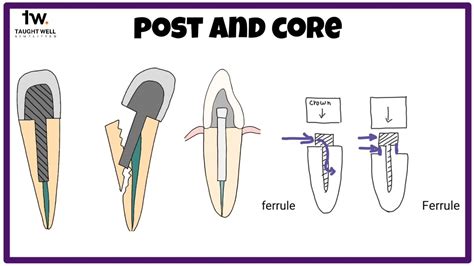
Beyond Training: Evening Nutrition for Overnight Repair
Even when not directly around a workout, nutrient timing plays a role. Consuming a moderate amount of slow-digesting protein (e.g., casein, cottage cheese) before bed can provide a steady supply of amino acids throughout the night, supporting overnight muscle repair and recovery while you sleep.
Individualization and Consistency: The Keys to Success
While these guidelines offer a robust framework, individual needs vary based on body composition, training intensity, duration, and personal goals. Experiment with different timings and nutrient ratios to find what works best for your body. Consistency in applying these strategies, combined with adequate sleep and stress management, is far more impactful than sporadically hitting perfect timing. By strategically fueling your body, you can unlock enhanced energy, sharper focus, and faster recovery, propelling you towards peak performance in all aspects of life.
